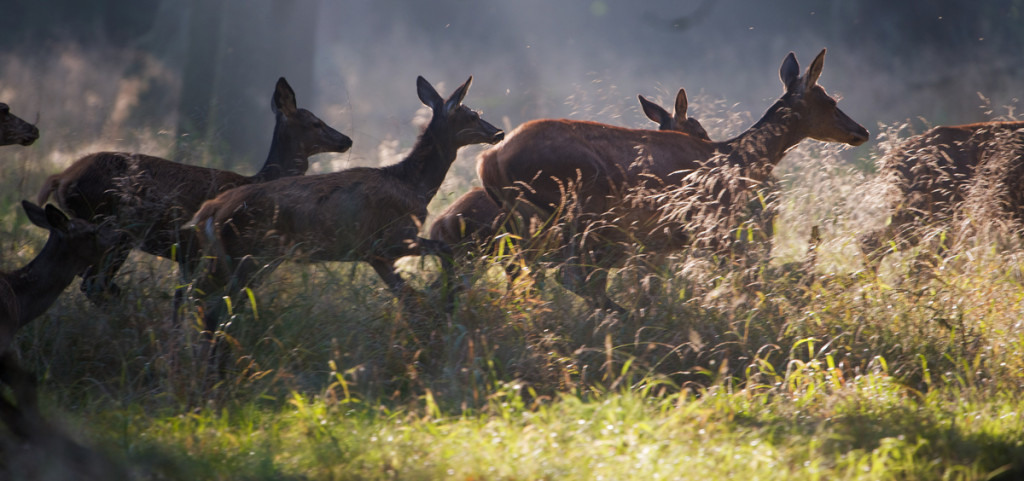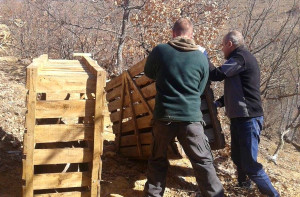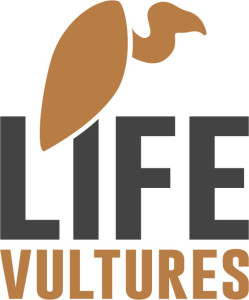As part of an ongoing reintroduction of red and fallow deer in the area, the animals will change habitats through grazing and provide an important prey base for local carnivores and scavengers.

Tintyava, in the core Rhodope rewilding area, is since March, home to a new herd of red deer. Although the seven-strong group of adults and juveniles is usually well-camouflaged, they have been spotted roaming freely in the area. The rewilding team has been following the movement of the deer closely after their release, ensuring the animals are feeling good after the long journey to their new home. The deer were transported last month from Palamara hunting reserve, which is also in Bulgaria. The animals spent a short acclimatisation period in the region, allowing them to familiarise themselves with their new surroundings.

This release has brought us one step closer to having at least 100 free-living red deer in this part of the mountains, with our overall goal the complete restoration of the red deer population in the Eastern Rhodopes. Since the beginning of the year 21 fallow deer have also been released at several different priority sites in the area. Through these red and fallow deer releases Rewilding Rhodopes wants to restore food chains by increasing the number of local ungulates. Apart from their role as herbivores, these animals will also form an important prey base for both carnivores and scavengers.
Vultures will certainly benefit from the reintroduction, as deer carcasses will mean more food available to the birds in the “vulture restaurant”, as it has come to be known by locals. The Rhodope Mountains rewilding area is one of the last strongholds of the griffon vulture in Europe, and is home to the only indigenous population in Bulgaria. Black vultures from the only Balkan colony in Greece also frequent the area in search for food.
One of the released red deer has been fitted with a satellite transmitter, allowing the team to monitor the movement of the herd in the area. This represents the third red deer equipped with a tracking device.
The red deer is one of the largest species of deer in the world, with the Bulgarian population concentrated mainly in hunting areas and national parks. The main population constraint is poaching. While the red deer was once widespread in Bulgaria, and is typically depicted in tomb paintings, it almost disappeared as a result of illegal hunting. The Rhodope Mountains rewilding team regularly visits and monitors release sites to prevent poaching, although we have witnessed several instances of illegal hunting already.
 The return of large herbivores in the Eastern Rhodopes is an important conservation activity carried out under the EU funded LIFE project “Conservation of black and griffon vultures in the Rhodope mountains”. This project has been developed by Rewilding Europe, in partnership with the Rewilding Rhodopes Foundation, Bulgarian Society for Protection the birds, WWF Greece, Hellenic Ornithological Society and Vulture Conservation Foundation.
The return of large herbivores in the Eastern Rhodopes is an important conservation activity carried out under the EU funded LIFE project “Conservation of black and griffon vultures in the Rhodope mountains”. This project has been developed by Rewilding Europe, in partnership with the Rewilding Rhodopes Foundation, Bulgarian Society for Protection the birds, WWF Greece, Hellenic Ornithological Society and Vulture Conservation Foundation.
